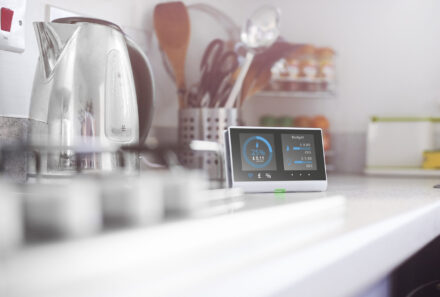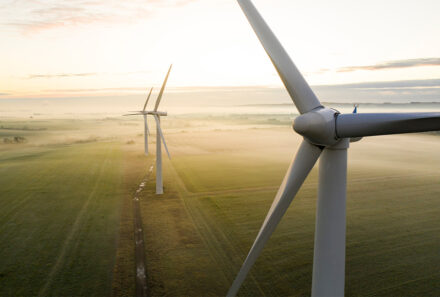
Closing the gap on fuel poverty
We all know that the cost of living is getting more and more expensive; no matter if it’s a loaf of bread at your local supermarket or a pint down the pub, the wallet never seems to be quite as heavy as it once did.
That’s before you even start thinking about heating your home! One of the biggest costs of living in the UK is of course energy, with the average household spending around £1,249 on energy bills each year.
Whilst the word ‘poverty’ may sound extreme, no fewer than one in ten homes across the UK find themselves in a state of ‘fuel poverty’. But what does that mean to the average person on the street? Are they struggling to meet the ever-increasing bills or completely unable to?
What exactly is fuel poverty?
‘Fuel poverty’ is usually defined as any person spending more than 10% of their income on energy bills. Whilst you may think that the burden of paying bills would fall heaviest on those living on their own, it’s actually families and multi-person households that are the most likely to find themselves in this situation.
Thinking that one in ten is perhaps not that many? The UK actually has the second-worst record in Europe for cold weather related deaths.
Is the situation getting better or worse?
The introduction of the National Living Wage, along with the requirement for privately rented landlords to have higher energy efficiency levels on their properties has looked to tackle the problem at both ends; increasing the income of those households working in lower-paid jobs, whilst lessening the need for heating by increasing the efficiency of the property itself.
However, with two Ofgem energy price caps lifted as of April this year, the cost of energy and the cost of living both continue to rise, putting increasing pressure on household finances.
Tackling efficiency
The problem with every household is that there’s inefficiency; gaps in doorframes let warm air rush out, an open window can cause the temperature to drop rapidly, or our trusted radiators only heat a part of the room and radiate heat directly into the wall on which they’re mounted.
These are all costing us money and adding to the problem.
It’s sometimes easy to look at the energy efficiency of our home through the simplest of terms; the first thing that springs to mind will of course be insulation – stop the heat exiting the area and therefore stop needing to constantly re-heat it.
That’s a completely valid point but there’s another easy way to increase efficiency and save on energy bills.
Time and money spent waiting for water to warm
If you’ve got a combi-boiler, how long to do you think you stand at the tap waiting for the water to warm, particularly in those winter months? The answer for the average household is 28 hours per year!
That’s more than a day! To make things even worse, that time spent is costing you twice; once in time you could spend doing something better, and also in the pocket!
As your water rushed out of that tap, you’re wasting litres and litres of water; approximately 28,000 litres each year. That’s costing you on the water bill.
As the water rushes to the tap it also takes longer to heat it because of the volume it needs to warm. That’s costing you on your energy bill.
The CombiSave – start reducing water and energy bills
The CombiSave is a simple to add device (to any combination boiler) that restricts the flow of water until it’s reached a set temperature. What this means for you as a homeowner is that your water is heated quicker, meaning less time and money spent waiting.
It’s been proven to save up to £250 in energy and water bills each year, so if we think back to the average energy bill of £1,249 each year – that’s up to 20% shaved off, which can make a huge difference.
The good news is that it’ll only take your plumber half an hour to fit – quick easy and a big impact. Sometimes the simplest solutions are the best….
Find out more about the cost saving CombiSave device here: https://teddingtonheating.com/combisave/







